Entertainment
The Colorism of Race: Bill Duke
by Mary L. Datcher
Special to the NNPA from The Chicago Defender
Bill Duke is one of America’s most prolific actors and directors as he continues to capture the topics that challenge people to think consciously on social issues. His latest project, Light Girls, is a documentary film and book as a follow-up to his Dark Girls film based on the serious problem of skin color discrimination within certain ethnic cultures — specifically the African American community.
Having a distinguished and long career that has brought him from his hometown of Poughkeepsie, New York to studying drama at Boston University and continuing further instruction at New York University’s Tisch School of the Arts and the American Film Institute, Duke launched his professional career on Broadway. Among some of his more notable roles were the imposing, conscious character Abdullah Mohammed Akbar in the movie Car Wash, as well prominent roles in Menace II Society, Exit Wounds, X Men: The Last Stand and Get Rich or Die Tryin‘. But it is his talents as a director that continue to keep him on speed dial with many production companies and film studios.
Duke is considered one of the most sought-after directors to capture and bring stories to life regardless of race, gender or cultural definitions; he is the actor’s director and the director’s director. His directorial work has spanned from the critically acclaimed television series Hill Street Blues and Miami Vice to feature films such as A Rage in Harlem, Hoodlum, Deep Cover, and Sister Act 2: Back in the Habit along with the PBS broadcast documentary Prince Among Slaves.
Duke was in Chicago to showcase his films Light Girls and Dark Girls along with participating in very in-depth panel discussions about the topics during the Black Women’s Expo last month.
CD: What was the motivation behind doing the films Light Girls and Dark Girls? It has been something that has been a taboo topic in the African American community. What made you feel it was necessary to tell this story?
BD: Based on my own experience as a young man coming up in Poughkeepsie, NY being dark complexioned and being tall, it was difficult. Luckily I had parents that re-enforced my worth to me. Early on, it was not easy for my sister, my mother and my niece. Some of the things they and other young girls went through from the community. Also, seeing the ‘colorism’ in our community today, it said to me, ‘This needs to be given a voice.’ As a result, I put together the two films and a book.
CD: Are you looking to do a third film as a follow up to Light Girls and Dark Girls?
BD: I’ve exhausted this territory. The next film is going to be called What is a Man? Is there a distinction between being born male and becoming a man? Many people feel there isn’t a distinction; you’re born male so you’re a man. In African tradition, that was not true. At 12 or 16 years old, you were given a spear and sent into the jungle. If you came back, there was a male ceremony with all other men who accepted you into the tribe. There’s a distinction between having a child, fathering a child and providing for that child. We want to examine that phenomenon. Is there such a thing called ‘manhood’? Are there manhood responsibilities? What are those responsibilities? Have they changed? Have they evolved? Also, what is the impact on those children of men that have several women who have borne their children?
CD: What motivates you to give back and mentor young people?
BD: It’s not our obligation, it’s our responsibility as Black men. The suffering of our young men due to lack of exposure to values and opportunities. The solution to that problem can’t be placed upon the shoulders of a system that has ignored them for many years.
We’re playing checkers in a chess game. Society is chess. We’re waiting for the chess players to come and teach us how to play chess. Those of us who learn how to play chess have to teach other people how to play chess. You can’t compete if you don’t have the information, knowledge and techniques for competition. So, it turns into complaints, violence and frustration. It’s a little frustrating and disturbing.
CD: Do young actors and filmmakers of color need to know how to play chess in order to compete and survive in Hollywood?
If you come to Hollywood and you are dreaming of having aspirations without understanding what is called ‘show business,’ you may get very, very lucky. That’s not what I see; I see the majority Black, Hispanic and Asians coming to Hollywood end up in positions that never lead them to their career. It’s an extremely competitive, rejection business. People hide the pain of rejection by dealing with the symptom which is usually through drugs, alcohol, partying or other activities that don’t deal with the root of the problem. Right now, the kids I see coming to Hollywood have no clue. They think we’re in the film and television business. We’re in the ‘media business.’
Duke immediately returns to the Windy City to begin filming, “Blaxicans” from mid-April to the end of May.
“It’s about a Mexican family and Black family where the young Black man falls in love with the Mexican girl. They get married and have a baby and she’s a “Blaxican.” The problem is that the father of the Black family hates Mexicans and the father of the Mexican family hates Black people. It’s a conflict between those two cultures while the wife, child and husband love each other and love their families. It’s how they resolve these issues; it’s a dramedy.”
It was just recently announced that Duke would be working on the biopic of the gospel legend Mahalia Jackson and filming in Chicago. Currently, the director is in discussions with potential investors to bring the gospel singer’s celebrated life to the big screen.
Duke reveals his admiration, “Not only was she close friends with Dr. Martin Luther King, Jr., but she encouraged him to do the “I Have a Dream” speech at the march. She was one of the first brilliant Black business women in this country. Although, it was a male dominated culture and society, she let no man tell her what to do. She stood up for women’s rights and her rights. Her story should be celebrated. It’s not a Black story. It’s a story of a woman — a human being — that grew up in the rural South with nothing. She believed in God enough that her faith brought her through circumstances that the average person could not survive. You can feel through her music.”
Community
Rajah Caruth: Young Trailblazer of NASCAR
Imagine you’re only 22 years old and already making a name for yourself in NASCAR, one of the most thrilling sports in the US. That is the life of Rajah Kirby Caruth, an American professional stock car racing driver.
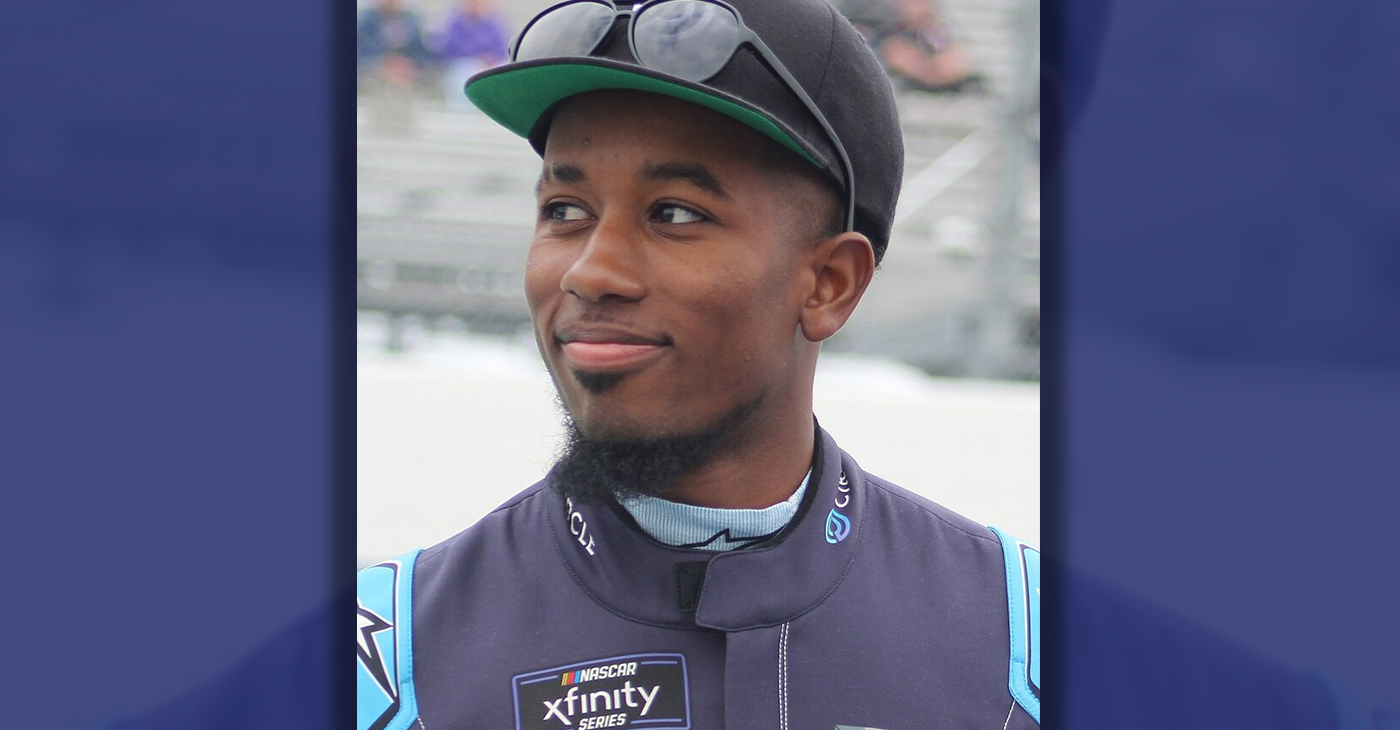
By Tamara Shiloh
Imagine you’re only 22 years old and already making a name for yourself in NASCAR, one of the most thrilling sports in the US. That is the life of Rajah Kirby Caruth, an American professional stock car racing driver.
Born June 11, 2002, in Washington, DC, he was drawn to the sport as a child after seeing the Disney Pixar film “Cars.”
Caruth dreamed of tooling around the track like the main character in “Cars,” Lightning McQueen. His enthusiasm grew when his parents surprised him with a trip to the NASCAR Cup Series race at Richmond Raceway when he was 12.
In 2018, while keeping busy with school, sports and a summer job, Caruth and his family held fundraisers so that he could buy an iRacing simulator. Then, at age 16, he traded a real driver’s license to race virtually in the eNASCAR Ignite Series, which led to him being recruited by the NASCAR Drive for Diversity Program.
His first big opportunity came in 2019 when he competed in a “Legends” car at Charlotte Motor Speedway in the Bojangles’ Southern Shootout and recorded two top-third in the semi-pro points.
People began to recognize Caruth’s talents. In 2020, he stepped up to the NASCAR Advance Auto Parts Weekly Series and became the first African American to win at Greenville-Pickens Speedway in a late model race. The next year, he won at Tri-County Motor Speedway and picked up his fourth overall late model victory.
Then, he became the first person of color to win at the South Carolina track.
In 2021, Caruth announced he would compete full-time in the ARCA Menards Series East for Rev Racing, where he finished third in the standings, including a series of top-five finishes. He made his NASCAR Xfinity Series debut on a bigger stage as well.
Then, in 2022, thing really took off. A new chapter found Caruth at NASCAR’s unofficial Triple A league with GMS Racing, where he drives full-time for the NASCAR Camping World Truck Series, with a sponsorship from The Wendell Scott Foundation. After a few setbacks, he broke into the top 10 several times, finishing at a career-high 6th at Darlington Raceway.
Fast-forward to 2024, and Caruth’s took the third major step in his career. He is now driving full-time in the NASCAR Craftsman Truck Series for Spire Motorsports and has been making the news for putting on stellar performances. Oh, and he won at Las Vegas: his first career victory.
From an impressionable young racing fan to a professional NASCAR driver, Caruth is charting a new path, creating history, and inspiring people to always remember that if you have the talent, the drive, and most of all, the heart, anything can be achieved.
Bay Area
Mayor Breed Proposes Waiving City Fees for Night Markets, Block Parties, Farmers’ Markets, Other Outdoor Community Events
Mayor London N. Breed introduced legislation on April 26 to encourage and expand outdoor community events. The first will waive City fees for certain events, making them less costly to produce. The second will simplify the health permitting for special event food vendors through the creation of an annual permit. Both pieces of legislation are part of the Mayor’s broader initiative to bring vibrancy and entertainment to San Francisco’s public right of ways and spaces.

Mayor’s Press Office
Mayor London N. Breed introduced legislation on April 26 to encourage and expand outdoor community events.
The first will waive City fees for certain events, making them less costly to produce. The second will simplify the health permitting for special event food vendors through the creation of an annual permit. Both pieces of legislation are part of the Mayor’s broader initiative to bring vibrancy and entertainment to San Francisco’s public right of ways and spaces.
Outdoor community events are integral to San Francisco’s vibrant culture and sense of community. These events include night markets, neighborhood block parties and farmers markets, and bolster the City’s economy by supporting local businesses and attracting tourists eager to experience San Francisco’s unique charm and food scene.
They offer residents, workers and visitors, opportunities to engage with local artists, musicians, and food vendors while enjoying the San Francisco’s stunning outdoor spaces and commercial corridors.
The legislation will allow for more and new community gatherings and for local food vendors to benefit from the City’s revitalization.
“San Francisco is alive when our streets are filled with festivals, markets, and community events,” said Breed. “As a city we can cut fees and streamline rules so our communities can bring joy and excitement into our streets and help revitalize San Francisco.”
Fee Waiver Legislation
The events that can take advantage of the new fee waivers are those that are free and open to the public, occupy three or fewer city blocks, take place between 8 a.m. and 10 p.m., and have the appropriate permitting from the ISCOTT and the Entertainment Commission.
The applicant must be a San Francisco based non-profit, small business, Community Benefit District, Business Improvement District, or a neighborhood or merchant association. Fees eligible for waiver include any application, permit, and inspection/staffing fees from San Francisco Municipal Transportation Agency, Department of Public Health, Fire Department, Entertainment Commission, and Police Department.
Currently, it can cost roughly anywhere between $500-$10,000 to obtain permits for organized events or fairs, depending on its size and scope. Organizations and businesses are limited to a maximum of 12 events in one calendar year for which they can receive these fee waivers.
Food Vendor Streamlining Legislation
The second piece of legislation introduced will help special event food vendors easily participate in multiple events throughout the year with a new, cost-effective annual food permit. Food vendors who participate in multiple events at multiple locations throughout the year will no longer need to obtain a separate permit for each event. Instead, special event food vendors will be able to apply and pay for a single annual permit all at once.
“Many successful food businesses either begin as pop-up vendors or participate in special events to grow their business,” says Katy Tang, Director of the Office of Small Business. “Giving them the option for an annual special event food permit saves them time and money.”
Currently, food vendors are required to get a Temporary Food Facility (TFF) permit from the Department of Public Health (DPH) in order to participate in a special event, among permits from other departments.
Currently, each special event requires a new permit from DPH ranging from $124-$244, depending on the type of food being prepared and sold. Last year, DPH issued over 1,500 individual TFF permits. With the new annual permit, food vendors selling at more than four to six events each year will benefit from hundreds of dollars in savings and time saved from fewer bureaucratic processes.
“This legislation is a step in the right direction to make it easier for food vendors like me to participate in citywide events,” said Dontaye Ball, owner of Gumbo Social. “It saves on time, money and makes it more effective. It also creates a level of equity.”
Community
Salesian Coach Knew Angel Jackson Could Play in WNBA
Back in 2019, Salesian Girls Basketball Head Coach Stephen Pezzola made a bold prediction about one of his players, Angel Jackson. “If she keeps putting in the work like she did for us, she could be in the WNBA,” the coach said. That turned out to be very true. Last month, the Las Vegas Aces selected Jackson with the 36th overall pick in the 2024 WNBA Draft. She is the second player from an Historically Black College or University, or HCBU, to be selected in the draft in 20 years.
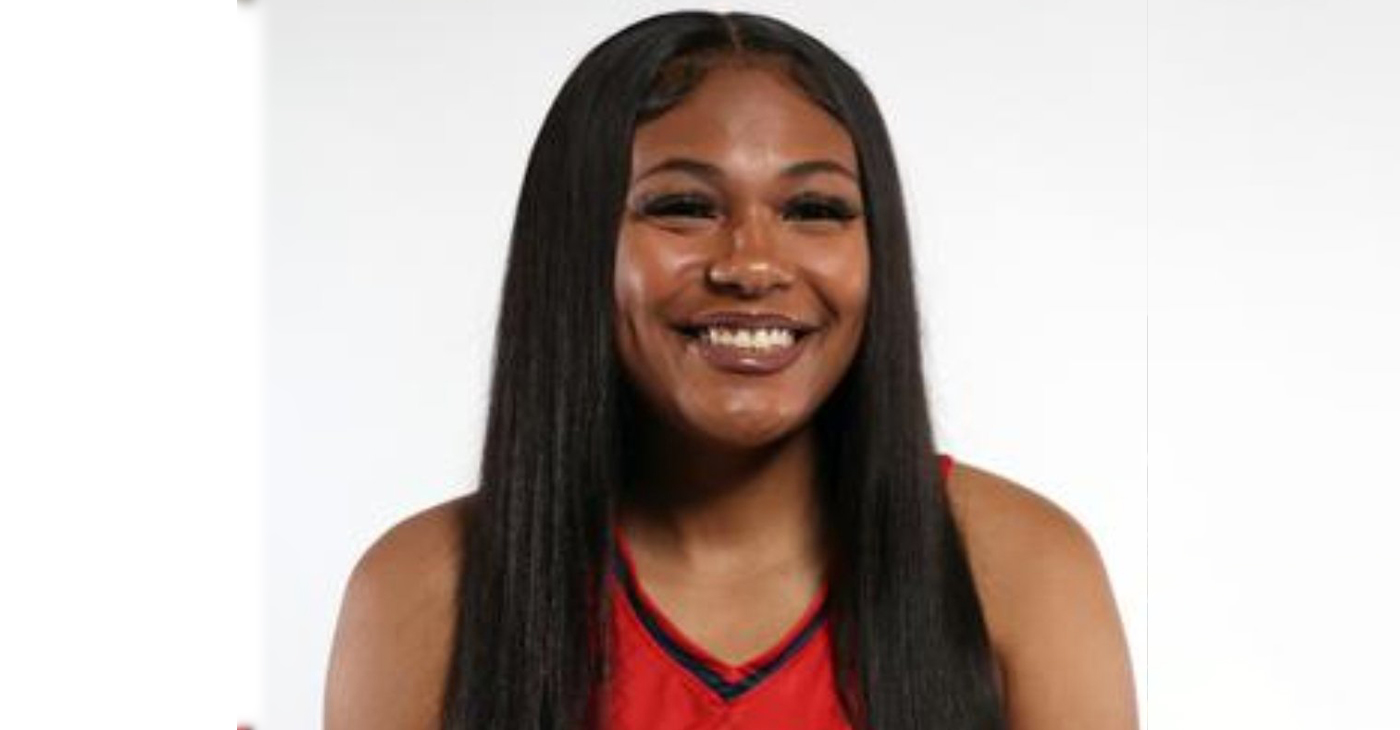
The Richmond Standard
Back in 2019, Salesian Girls Basketball Head Coach Stephen Pezzola made a bold prediction about one of his players, Angel Jackson.
“If she keeps putting in the work like she did for us, she could be in the WNBA,” the coach said.
That turned out to be very true. Last month, the Las Vegas Aces selected Jackson with the 36th overall pick in the 2024 WNBA Draft. She is the second player from an Historically Black College or University, or HCBU, to be selected in the draft in 20 years.
Jackson’s success came as little surprise to Pezzola, who last year led the Pride to their 8th North Coast Section championship since he took over the program in 2008-2009. In 2019, Pezzola commended Jackson as “a very coachable kid” from the time she arrived at Salesian.
Tomekia Reed, her coach at Jackson State, shared similar sentiments, noting Jackson worked “very hard” to reach this moment.
“She came into our program doing great things and never looked back,” Reed told the Clarion Ledger. “She has trusted our leadership as we were able to develop her into an amazing player. I have watched her improve tremendously over the years.”
The 6’-6” Jackson played three seasons at the University of Southern California before transferring to Jackson State. She was ranked 10th in the NCAA in blocked shots and averaged 10 points per game in her final college season.
She finished her collegiate career with 1,047 points and was twice named Southwestern Athletic Conference Defensive Player of the Year.
As the 36th pick, Jackson was the final pick in the 2024 NBA Draft. In a television interview, Jackson said she didn’t expect to be picked, and called the moment “surreal.”
“It made me feel so appreciative that HBCU is getting back on the map again,” she said.
All she could do in that moment was cry.
“I called my mom immediately, and she started crying,” Jackson said. “It was the best moment you can feel as a young lady.”
There’s no stopping Jackson now. “The sky is the limit,” she said.
Her high school coach agrees.
“I knew that Angel could do it,” Coach Pezzola told the Richmond Standard this week. “We are so proud of Angel and what she has accomplished. It was an honor and joy to coach Angel at Salesian.”
-

 Community3 weeks ago
Community3 weeks agoFinancial Assistance Bill for Descendants of Enslaved Persons to Help Them Purchase, Own, or Maintain a Home
-

 Business3 weeks ago
Business3 weeks agoV.P. Kamala Harris: Americans With Criminal Records Will Soon Be Eligible for SBA Loans
-

 City Government4 days ago
City Government4 days agoCourt Throws Out Law That Allowed Californians to Build Duplexes, Triplexes and RDUs on Their Properties
-

 Activism4 weeks ago
Activism4 weeks agoOakland Post: Week of April 10 – 16, 2024
-

 Activism2 weeks ago
Activism2 weeks agoOakland Post: Week of April 24 – 30, 2024
-

 Community3 weeks ago
Community3 weeks agoAG Bonta Says Oakland School Leaders Should Comply with State Laws to Avoid ‘Disparate Harm’ When Closing or Merging Schools
-

 Community3 weeks ago
Community3 weeks agoRichmond Nonprofit Helps Ex-Felons Get Back on Their Feet
-

 Community3 weeks ago
Community3 weeks agoOakland WNBA Player to be Inducted Into Hall of Fame



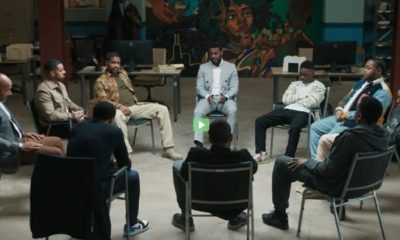

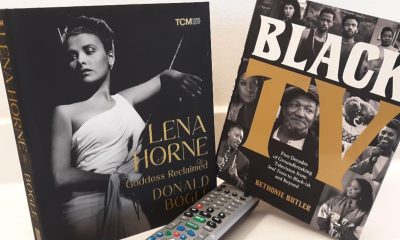

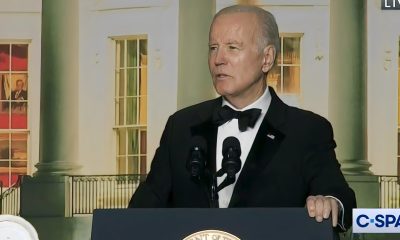

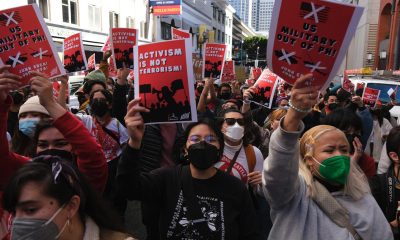

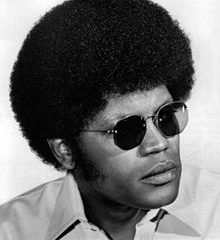












































Pingback: Blue Coaster33
Pingback: Blue Coaster33